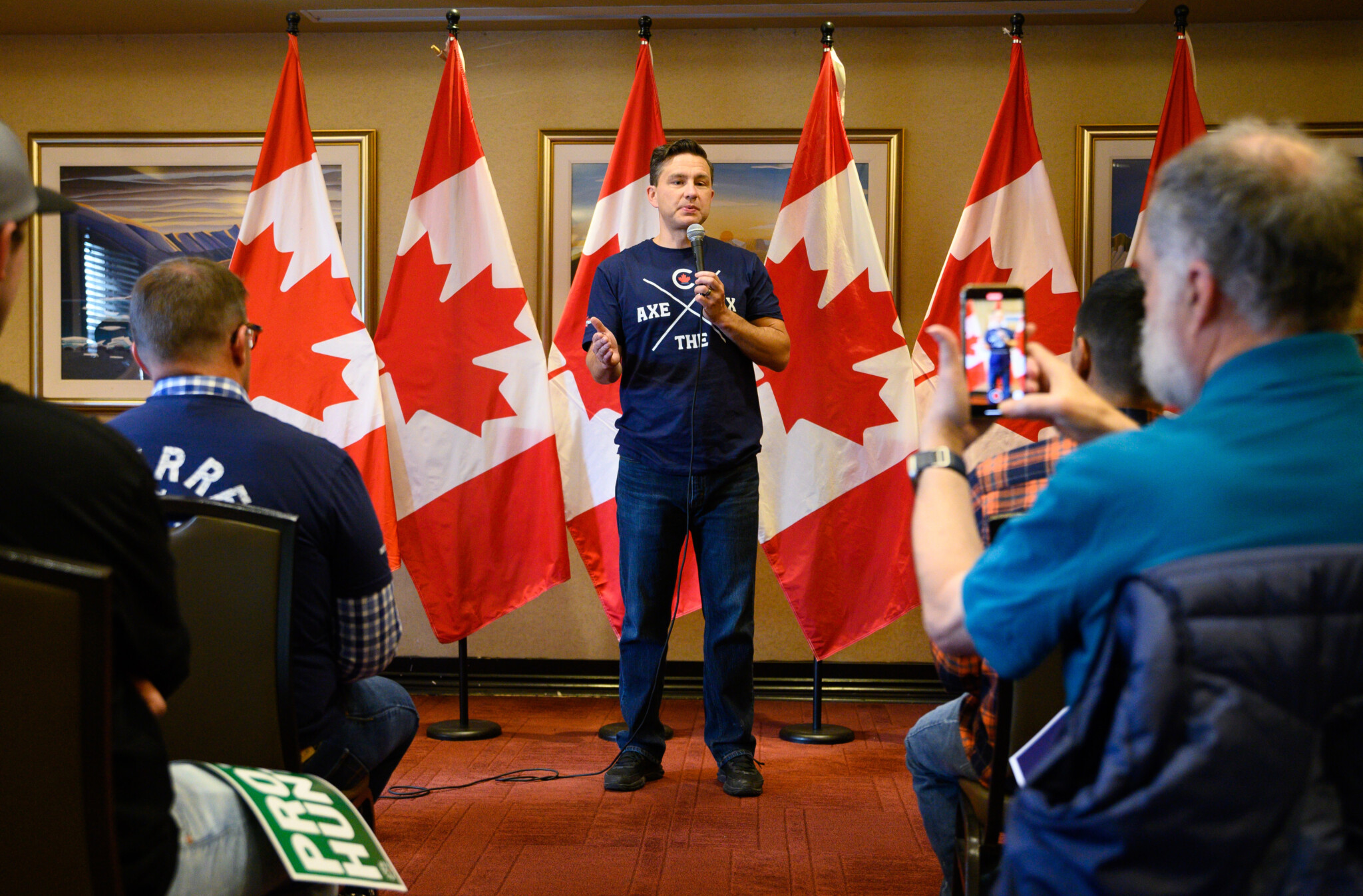What happens when we replace big government with big citizens?
This week, while in Ottawa, I was grateful to participate in a panel event with Conservative MP Jamil Jivani at the Cardus Institute on the opportunities and challenges facing Canada.
One of the common themes of the night was the relationship between individuals and the state and the role of mediating institutions—like churches, unions, community groups, etc.—that have historically occupied the space between them. An underlying question might be summed up as follows: if the government withdrew from certain areas of social services, would what happen? Is civil society capable of refilling the unoccupied space?
This is by no means a new question. It’s been the subject of long-standing conservative discourse about the cause-and-effect between the decline of civil society and the rise of the welfare state in the twentieth century.
But it’s taken on a new relevance in the light of Conservative Party leader Pierre Poilievre’s ideas and arguments about the role of the state in society. The discussion got me thinking that his political agenda involves a major bet about the answer to the question.
Since first running for party leader, one of Poilievre’s most consistent lines of argument is that he wants to make Canada the freest country in the world. He’s also said that he favours “a small government and big citizens.”
These types of political aphorisms can sometimes be dismissed as standard fare conservative rhetoric. But in the context of our discussion at Cardus, they carry far greater meaning. They reflect, in a way, a challenge to Canadians.
Poilievre is essentially betting that there’s a nascent civil society capacity present in the country that has been weighted down by an overbearing state. And if the state is retrenched, this capacity is capable of filling spaces that for a long time have been dominated by government.
There’s some evidence to support such a bet. The relative effectiveness of Canada’s network of privately sponsored refugees compared to government-assisted refugees is a common example. Someone at the event cited the empirical evidence backing the Big Brothers/Big Sisters mentorship model as another.
But it must be said that Poilievre’s agenda is still somewhat risky. If the government reduces its role or pulls out of certain social services altogether and civil society doesn’t step up, there could be two big consequences.









